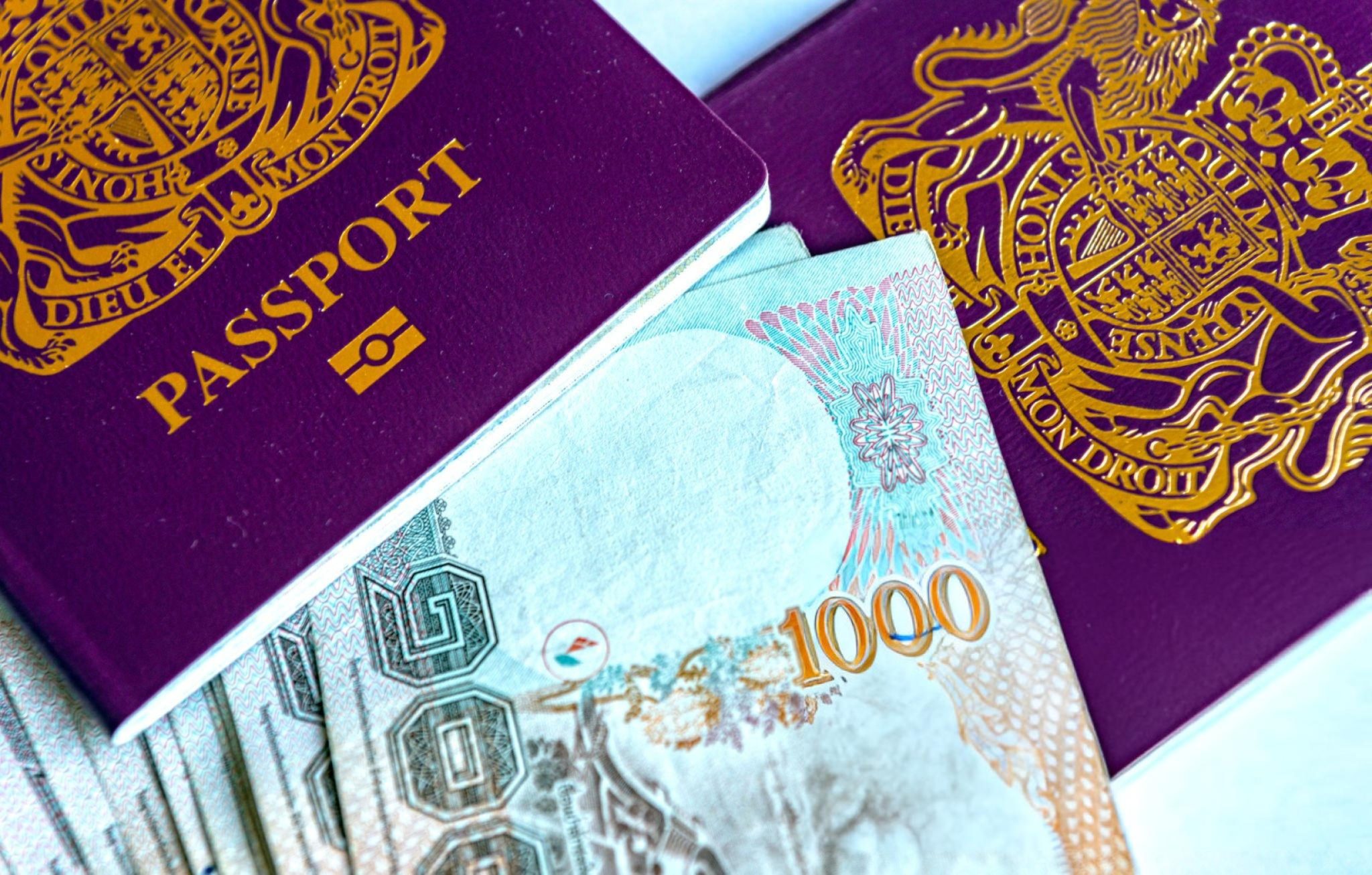UK tightens work visa and citizenship norms: Five key changes that will impact indians
In a significant overhaul of British immigration policy, Prime Minister Keir Starmer has announced a raft of stringent measures aimed at reducing legal migration and tightening the path to British citizenship. Declaring an end to what he described as a “squalid chapter” and a “failed experiment in open borders,” Starmer vowed to “take back control” of the country’s immigration system.
The new policies are expected to have a profound impact on Indians, who constitute the largest group of non-EU nationals entering the UK for work and study. According to official figures, by June 2024, over 116,000 work-related visas and around 127,000 student visas would have been issued to Indians.
This policy shift comes as net migration soared to 906,000 in the year to June 2023, although early signs of decline were noted after the previous Conservative government, led by Rishi Sunak, tightened rules on family and dependent visas.
In a policy document, Starmer wrote that the damage immigration had done to Britain was “incalculable” and warned against the nation becoming “an island of strangers.”
Here are the five key changes to British immigration and citizenship laws that Indians and other migrants should be aware of:
1. Tougher criteria for work cisas
One of the most consequential changes involves tightening the eligibility criteria for skilled work visas. Under the revised rules, overseas workers will now generally need to hold a degree-level qualification — a reversal of the Boris Johnson-era policy that had reduced the qualification bar to A-levels or equivalent.
According to the Guardian, the new requirement will be pegged at level 6 of the Regulated Qualifications Framework (RQF), which corresponds to degree-level education.
While certain sectors experiencing severe labour shortages may continue to benefit from reduced requirements on a time-limited basis, the government has made it clear that the era of relaxed work visa criteria is over.
Furthermore, the dedicated work visa stream for graduates from elite foreign universities will be broadened, as part of the government’s strategy to attract high-skilled talent.
2. Longer wait for british citizenship
The path to British citizenship is set to become more arduous, as immigrants will now need to reside in the UK for a minimum of 10 years before they can apply for Indefinite Leave to Remain (ILR), effectively doubling the current requirement.
However, an “earned settlement” points-based system is also in the works, which may allow individuals to accrue points for economic and social contributions, potentially enabling earlier settlement.
Details of the new system and its start date are yet to be announced, but the government plans to open it up for public consultation later this year.
3. Post-study stay period slashed
International graduates will see their post-study stay reduced from two years to 18 months, a move expected to deter some students from choosing the UK as a study destination.
In a controversial proposal, ministers are also considering imposing a 6% tax on tuition fee income from international students, which is likely to be passed on through higher fees. The government estimates this could result in 7,000 fewer international students per year.
4. Higher English Language Requirements
All applicants for work visas, as well as their adult dependents, will face tougher English language proficiency requirements. Spouses and partners seeking visas will also be subject to stricter language standards, with further requirements for those applying to settle permanently.
This change aims to ensure better integration and reduce dependency on public services.
5. Stricter family immigration rules
Finally, the government plans to tighten family migration routes by legislating to limit the use of European human rights laws in delaying deportations.
Parliament will be given new powers to establish a framework restricting family rights for individuals without legal permission to stay in the UK.
These sweeping changes are expected to particularly affect Indian nationals, with Starmer warning that further restrictions could be introduced if needed to bring down migration level






